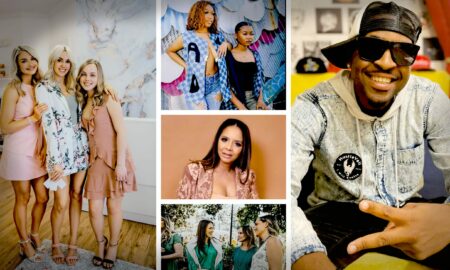![]()
Today we’d like to introduce you to Bronson Layton.
Alright, so thank you so much for sharing your story and insight with our readers. To kick things off, can you tell us a bit about how you got started?
My name is Bronson Layton. I am twenty-five years old; I am a person on the autism spectrum, and I have a story that, I hope, will help many people overcome worldly challenges while embracing their truest potential.
I am originally from a small town in Alabama, which is named Ragland. Ragland is one of those small towns that has an equal share of countryside, neighborhoods, and public services, such as schools, gas stations, and grocery stores. My hometown has always been saturated with Southern hospitality, and no matter if a person was an inhabitant or an outsider, Ragland’s citizens always had a welcoming attitude toward anyone. Since I was born in 1997, I grew up in Ragland, and across the span of my life so far, I have had family and friends who helped me along my journey, in which I gradually grew from a shy, introverted kid to an outgoing, ambitious young adult.
In 1999, by the time I was two years old, I was able to start speaking, but my parents noticed a pattern of behavior in me that seemed strange to them at first. I was rocking back and forth whenever I felt scared or nervous; I lined up my toys in straight lines; and I did not have a desire to be socially active with playmates, refusing to share my toys and sometimes refusing to talk. At the time, I felt like I was psychologically vulnerable to being “attacked” by kids who were my age if I talked to them “the wrong way.” Even at a very young age, I subconsciously wanted to fit in with others, but I socially withdrew myself out of fear, worrying that I would be made fun of.
Because of these events, my parents decided to take me to a child psychiatrist at Sparks Center, a neurodevelopmental clinic in Birmingham, Alabama. From what I can remember, I went through many MRI scans, therapy sessions, and playtime experiments for several days, but eventually, my parents discovered that I was diagnosed with a type of autism known as Pervasive Developmental Disorder-Not Otherwise Specified (PDD-NOS), a disorder that delays the neurological development of a child’s brain, affecting his or her social, critical, and learning skills, as well as delaying the processing of speech, memory, and general thinking. However, I did not understand about what I was being tested for. Back then, I thought my parents were taking me to a doctor that rewards kids with playtime.
Around the same time, an optometrist diagnosed with me with having a lazy eye and nystagmus, a visual condition that limits a person’s eyesight when under periods of stress, causing the affected eye to involuntarily shake up and down. With my neurological and visual diagnoses subsequently occurring, my parents did not know what to do, but we were all unaware of how my conditions were just the beginning of bigger things to come.
As I grew older, I began to evolve from keeping to myself to interacting with other kids, and this social process began when I entered public school at the age of six. At first, it was a struggle to adapt in an overwhelmingly active environment, but when my first-grade teacher noticed how hard I was trying to bond with the other kids, she told me something I would never forget:
“Bronson, you do not know how brave you are. A lot of kids your age would not have tried to make ten friends at one time, but you are trying as hard as you can to make a friend, and I know you are going to amaze the world one day with that friendship you have to offer.”
In that moment, I took my teacher’s words to heart, which inspired my six-year-old self to never give up on seeking what I want in life. For the first time in my life, I took someone’s advice.
Throughout elementary school, I noticed how my classmates were able to respond to verbal questions in class a lot faster than I could. For example, if our teacher asked us, “What is four times nine?” I would have to momentarily hesitate to think about the problem in my head, but by the time I had an opportunity to raise my hand, a classmate would yell, “Thirty-six!” Because of my processed thinking, I needed more time to think about solutions compared to how quickly my friends could answer.
Because of my processed thinking and due to the limited vision my nystagmus restricted me with, I received special accommodations for my coursework, such as sitting in front of the class to read the board better and taking longer time on tests.
Since fourth grade, I joined my school’s marching band, something I never had any interest in, but my mother convinced me it was a great way to not only make friends but to also gain more confidence in myself. I played the trumpet for two years, and after that, I played the baritone horn.
In fourth grade, I also discovered my talent for creative writing. I realized on the day I wrote my first superhero story, my processed thinking and my imagination unlocked a fundamental feature for my character: a hidden talent.
As the years passed, and as I got older, I helped my fellow classmates and peer groups write essays, and I even shared original pieces I wrote with my class on occasion, despite I was still unaware of my diagnosis.
However, one day, when I was fifteen years old, I came home and straightened up the house for my parents, and at some point, I found some papers scattered across the corner of one room near a filing cabinet. I picked them up and began reading because I was curious. At the bottom of one of the pages, there was a bold line that read: “Autism Diagnosis Confirmed,” and I kept reading through the other papers, which revealed a checklist of my habits and behavioral traits.
It was from that fateful psychiatrist appointment thirteen years prior to my discovery.
In that moment, I finally learned the real truth about myself.
My parents, as it turned out, kept my autism diagnosis from me because they thought it would affect my self-esteem to the point that I felt like a freak to others, but I was not mad at them. I understood why they would hide this from me because they really love me, and ever since then, I have accepted who I am, and I use my talents to help others who need a friend.
Ever since my discovery, I was inspired to participate in my school’s Beta Club and Student Government Association, both of which I took the position of chaplain. In twelfth grade, my class voted me to be our class president, and I helped lead our graduation speech. Even though I successfully earned a high school diploma, that was a new beginning for me and my loved ones.
In 2016, shortly after graduating high school, I was on the road to starting college, which required me to learn more about life outside of my hometown. I attended Jacksonville State University in Jacksonville, Alabama, which was about thirty miles from where I lived. When I started college, I experienced the worst culture shock in my life. I did not know where to go, what to do, or who to talk to. However, as I joined The Marching Southerners –JSU’s prestigious marching band–I slowly developed a new routine while navigating college life. While adjusting to postsecondary education, I began dating the daughter of a world champion, Elvis Presley, tribute artist, and her name is Savannah. Dating Savannah, along with my continuous but challenging pursuit of college success, boosted my confidence in a way that surprised me in the near future.
When I first asked Savannah out, I was extremely nervous because I never dated before. However, she happily agreed to go out with me, and ever since I was eighteen, we have been a couple. I eventually revealed to Savannah about the fact that I am an autistic person (a fact that I was afraid she would have second thoughts dating me over), but in that moment, she smiled at me and said that it did not change the way she felt about me, and that it took strength to tell her that part about myself.
Along with playing the baritone horn in The Marching Southerners, I managed to join a couple of academic fraternities (one of which was Sigma Alpha Epsilon), a support group for neurodiverse/physically diverse students, and the Writers Club, which was in our university’s English department. As I grew my own social circle, I decided to major in English, working to become a college English instructor since I have always loved creative writing and reading stories. While I excelled in my studies, I decided to expand my horizon and join autism support groups on social media.
The year of 2020 was not only a turning point for me but also for the entire world. With the COVID-19 pandemic negatively impacting our society, I had to readjust to remote learning before I could receive my degree.
Before the pandemic occurred, I began a YouTube channel called “Brons Over Brains,” in which I decided to become an advocate for other people on the spectrum while documenting my life experiences. However, by late 2020, I was contacted by “Good Morning America” to do a collaboration project for self-reflection. Moreover, I helped the network make a video on self-reflection as an autistic adult, looking back on the challenges I overcame as a child, teenager, and young adult. In the aftermath of the video, I was featured on many podcasts, online articles, and newspapers, including my college’s school newspaper, “The Chanticleer.”
While I came to reality about the fame I was gaining from sharing my story, I managed to graduate with a Bachelor of Arts in English degree in 2020 and a Master of Arts in English degree in mid-2022.
Right now, times have dramatically changed for me and my family. Ever since I proposed to Savannah in front of the castle at Disney World, we have been engaged. I am currently working as a college English instructor, helping future leaders develop their voices in writing. Meanwhile, Savannah is working to become a Doctor of Chiropractic, and eventually, we will both be the first ones in each of our families to have doctoral degrees once I earn a terminal degree of my own and become a professor.
Despite every challenge I have gone through so far in life, I know there will be plenty more ahead, especially when I eventually become a father to my own children. Exploring the world on my own is tough enough, but helping my future children find their path one day will be the most challenging yet worthwhile thing I will ever do as a human being.
To this day, I still take the opportunity to help people whenever and wherever I can. No matter what I go through, I love helping people, and I hope they realize that with a little faith and a little push, they are able to become and achieve whatever their hearts desire in life. A little self-confidence goes a very long way.
Thinking back on my experiences, maybe my first-grade teacher was right. Maybe I am, in my own way, changing the world with the friendship I have to offer others.
If a shy, quiet, small-town kid could blossom into a socially confident dream chaser, who is to say that whoever is reading this story will not be able to catch their lifelong dreams?
Can you talk to us a bit about the challenges and lessons you’ve learned along the way? Looking back, would you say it’s been easy or smooth in retrospect?
The road to success has undoubtedly been rocky for me. Throughout my life, I have always been in situations when I would struggle trying to understand social cues and master my skills at school and work.
On the positive side, I have a strong work ethic that enables me to learn from my mistakes and improve my work performance, communication, and social skills.
As you know, we’re big fans of you and your work. For our readers who might not be as familiar, what can you tell them about what you do?
I am currently building my career as an English instructor at local colleges. I specialize in teaching various English courses, such as “English Composition” and “Basic Grammar.” I am building toward teaching literature and speech classes.
I am very proud of the fact that I am helping my students get one step closer to earning their degrees and in effect, helping them succeed at achieving their dreams.
What do you think about happiness?
Having a chance to occasionally see my family always makes me happy. I love seeing my old friends and former colleagues every once in a while.
Whenever I get a chance to make a new video on “Brons Over Brains,” I enjoy the filming and editing process, which, to me, is a therapeutic way of distracting myself from the stresses of everyday life.
Contact Info:
- Youtube: https://www.youtube.com/@bronsoverbrains586
- Facebook: https://www.facebook.com/bronsoverbrains/
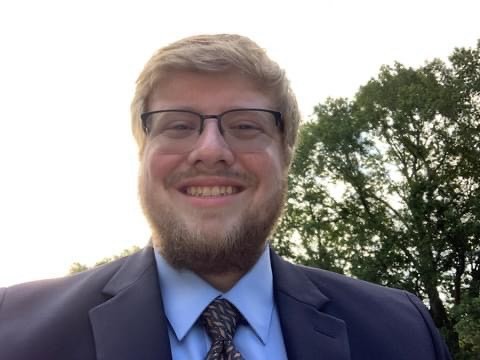
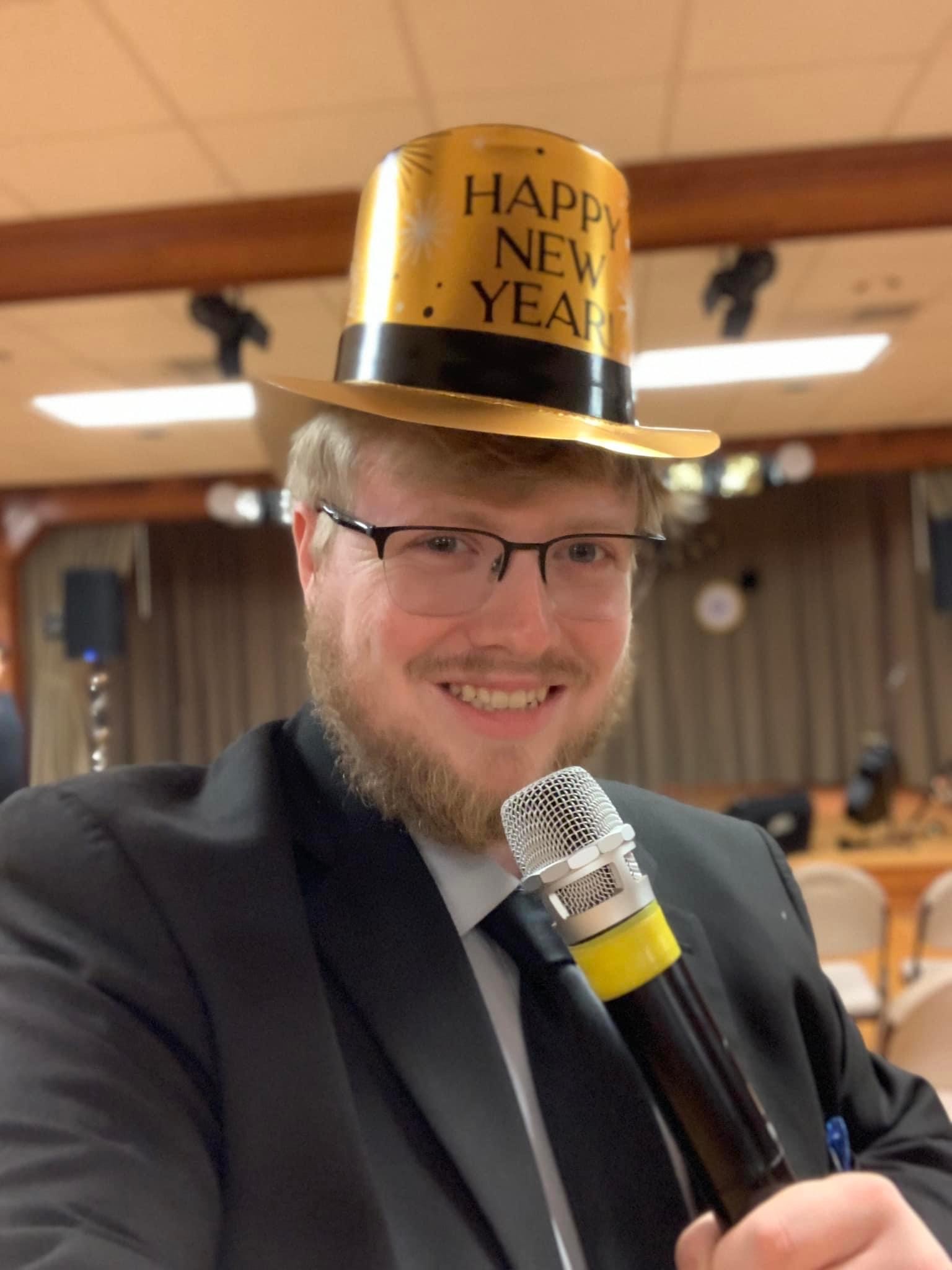
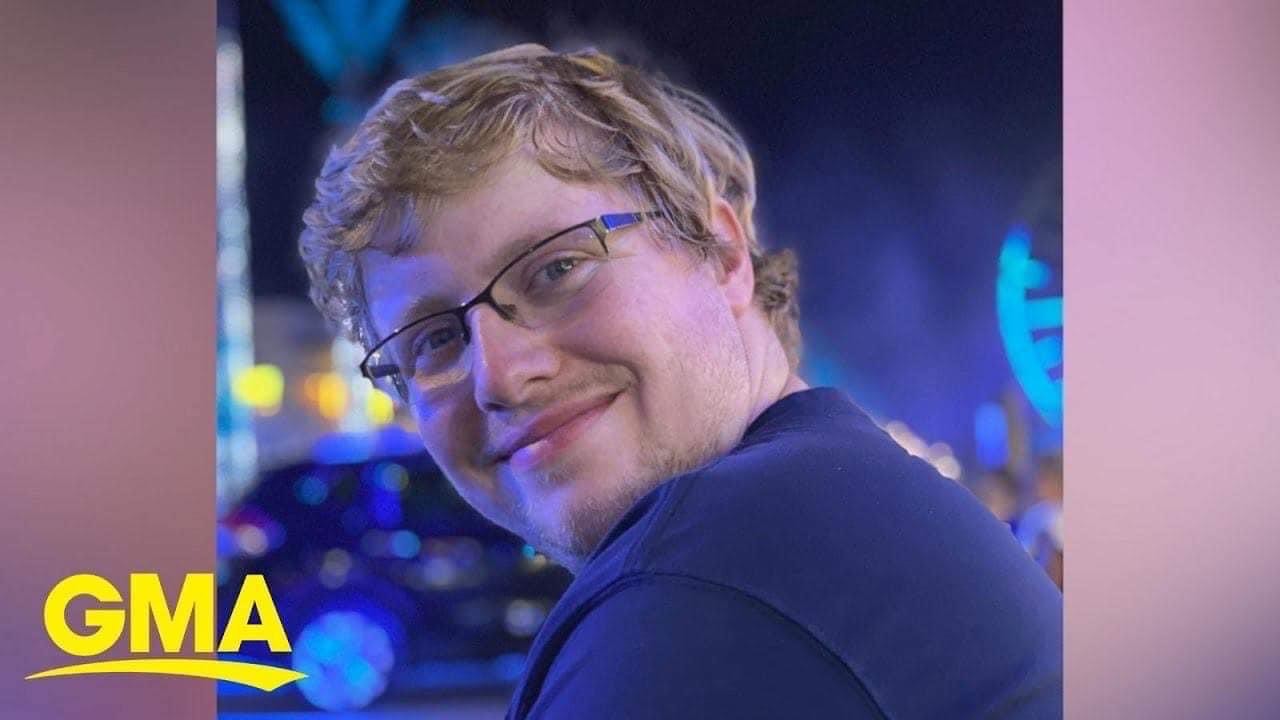
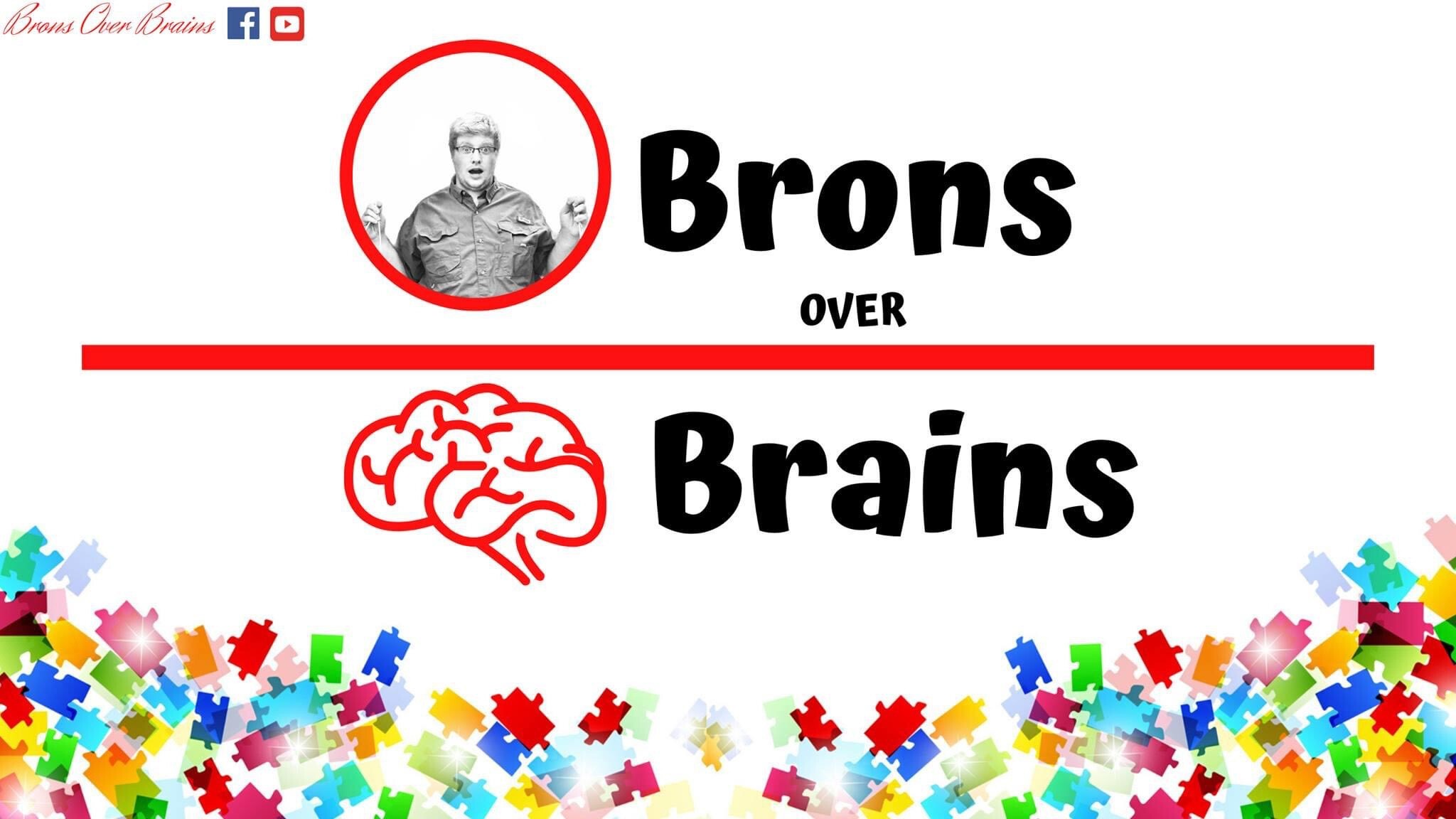
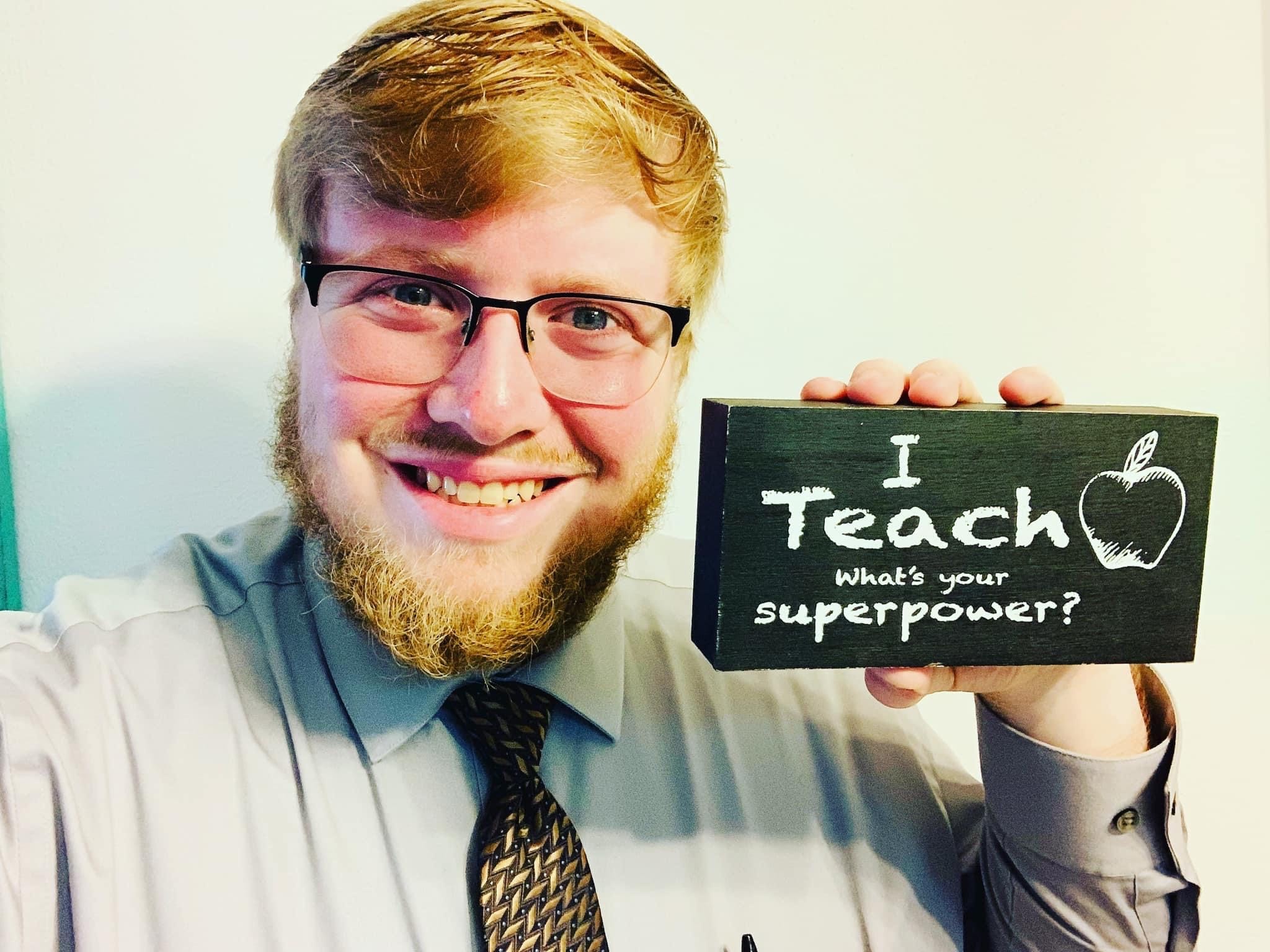
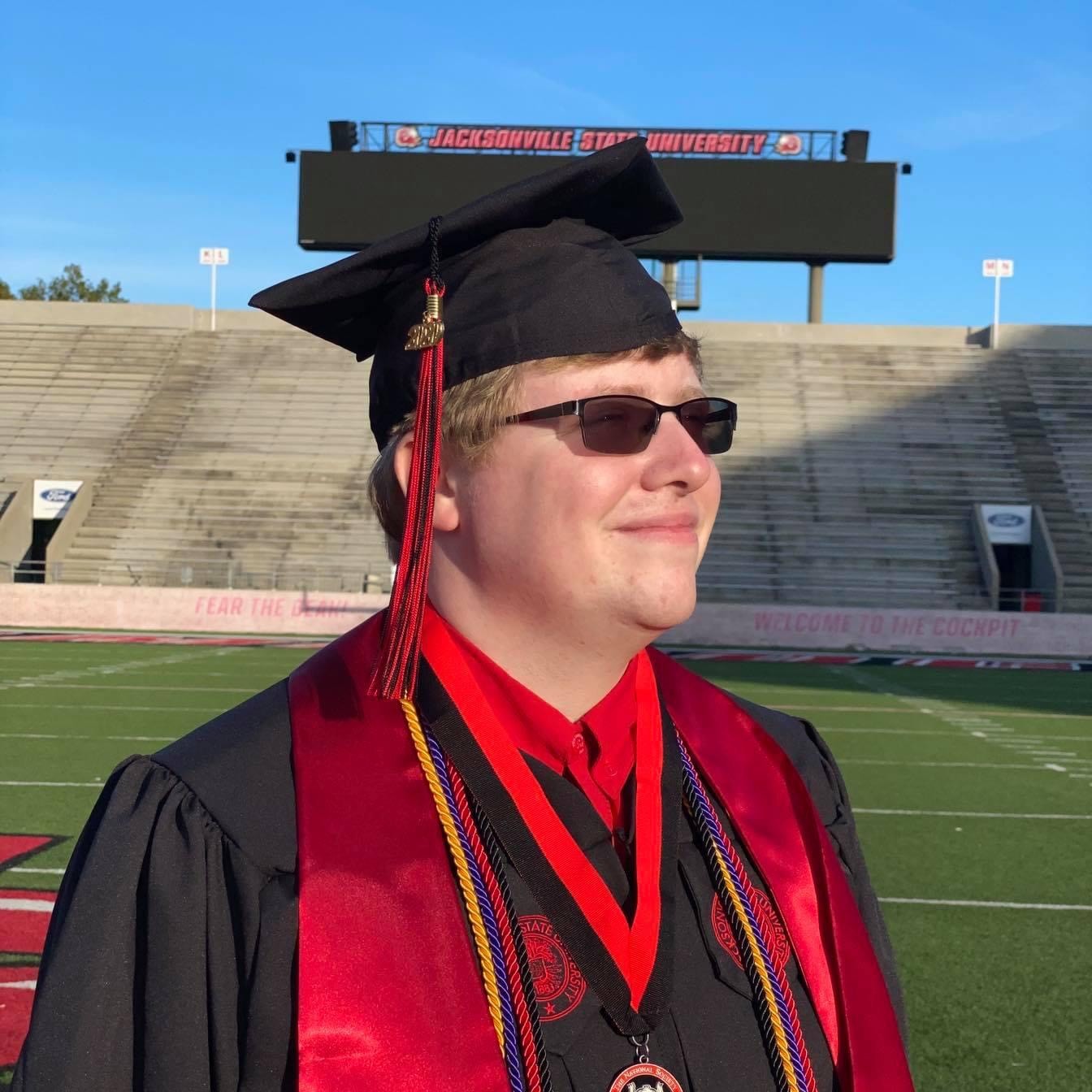
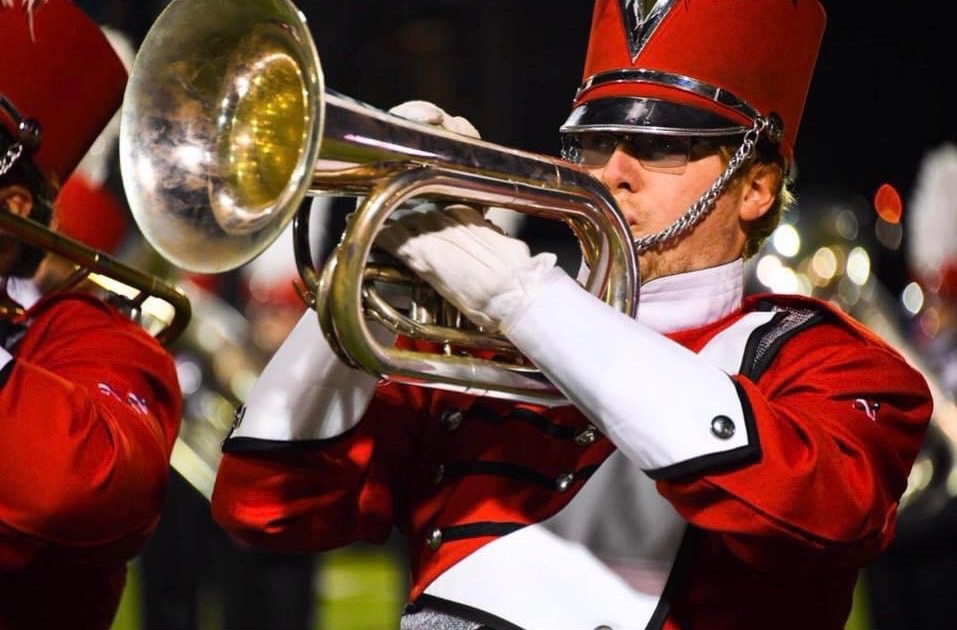
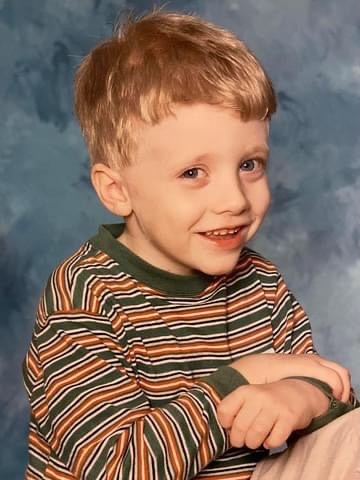
Image Credits
Good Morning America

